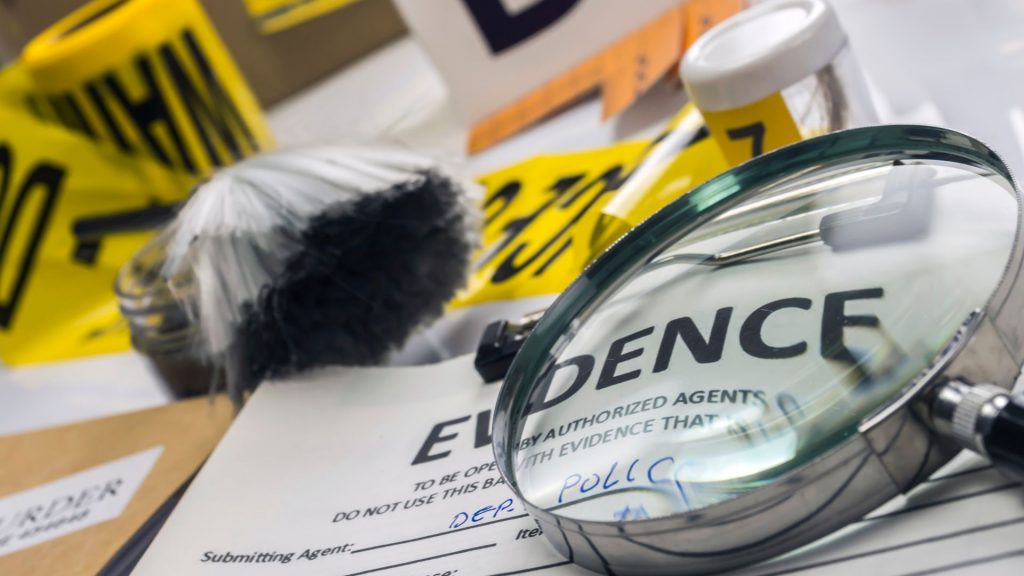
Program Overview
This foundational training program equips investigators, compliance professionals, fraud examiners, and security personnel with essential capabilities for recognizing and understanding sophisticated strategic behavior during investigative interviews. Moving beyond traditional assumptions that subjects are either truthful or deceptive, this course focuses on the reality that modern subjects employ complex strategic frameworks including withholding, disclosure, mixed, and adaptive strategies.
Scientific Foundation
Based on recent meta-analytic research examining interrogation technique validity and breakthrough studies in counter-interrogation strategy recognition, our program addresses the documented reality that subjects use sophisticated strategic approaches regardless of whether investigators acknowledge them. The curriculum incorporates validated research on innocent interviewees’ planned counter-interrogation strategies and the Strategic Use of Evidence (SUE) technique, providing evidence-based alternatives to legacy confrontational methods.


Learning Objectives
Through comprehensive analysis of strategic behavior patterns, practical scenario exercises, and examination of strategic decision-making frameworks, participants will develop the ability to:
- Identify Strategic Behavior Types: Recognize withholding strategies, disclosure strategies, mixed approaches, and adaptive strategic shifts that subjects naturally employ during interviews
- Assess Strategic Indicators: Move beyond binary cooperation/resistance thinking to understand the sophisticated cost-benefit analyses subjects perform when determining information sharing approaches
- Apply Strategic Recognition Skills: Distinguish between strategic withholding, partial cooperation, simple deception, and genuine compliance to ensure appropriate investigative responses
- Implement Science-Based Evidence Management: Utilize strategic evidence revelation techniques that demonstrate investigative competence while working with rather than against strategic behavior
- Avoid Legacy Method Pitfalls: Recognize how traditional confrontational approaches often trigger more sophisticated strategic resistance rather than promoting disclosure
- Integrate Strategic Literacy: Develop comprehensive strategic assessment capabilities that improve information quality, case efficiency, and investigative relationships
Practical Application
Participants will analyze real-world scenarios involving corporate investigations, regulatory compliance matters, criminal cases, and internal misconduct inquiries. The program emphasizes recognition of strategic behavior in contexts ranging from financial fraud investigations to workplace misconduct cases involving educated, experienced, or legally represented subjects who naturally employ sophisticated approaches.


Evidence-Based Approach
This training reflects the latest academic research in strategic interviewing, incorporating findings from cognitive psychology, decision theory, and behavioral analysis. Our curriculum maintains strict adherence to scientifically-validated methodologies while avoiding outdated confrontational techniques that have been shown to increase rather than reduce strategic resistance.
Professional Development Foundation
The program addresses the fundamental reality that strategic behavior recognition has become essential for investigative effectiveness. Organizations that continue operating without strategic literacy find themselves increasingly disadvantaged when dealing with sophisticated subjects who use complex decision-making frameworks during interviews.

Testimonials



FAQ
ask us anything
1. What is Anderson Investigative Associates (AIA)?
Anderson Investigative Associates (AIA) is a professional training organization specializing in customized, science-based interview and investigative training for organizations across law enforcement, corporate, audit, human resources, and inspection sectors.
2. What types of training services does AIA offer?
AIA offers training in human resources interviewing, investigative interviewing, audit/inspection/evaluation, leadership and communication, trauma-informed interviewing, cognitive interviewing, evidence collection techniques, and more — all customized to client needs.
3. What does “science-based interviewing” mean?
Science-based interviewing refers to methodologies rooted in cognitive psychology and behavioral science research that improve information accuracy, reduce investigative bias, and enhance the quality of interviews and investigations.
4. Who should attend AIA training programs?
AIA’s training is designed for professionals in law enforcement, auditing, internal investigations, human resources, corporate security, inspection, evaluation, and other roles where effective information gathering and interviewing are critical.
5. Are AIA’s training programs customizable?
Yes. AIA specializes in fully customized training solutions tailored to an organization’s specific operational requirements, training gaps, culture, and investigative challenges.
6. How is AIA’s training delivered?
Training can be structured in various formats — from one-day workshops to multi-day immersive courses — and includes interactive exercises, realistic scenarios, and hands-on practice.
7. What are some specific courses offered by AIA?
Some courses include Cognitive Interviewing, Counter-Interrogation Strategies, Science-Based Rapport Building, Strategic Interview Planning, Evidence Disclosure and Strategic Empathy, and Advanced Trauma-Informed Interviewing.
8. Why is science-based training important in investigations and interviews?
Science-based approaches improve investigative outcomes by maximizing the reliability and accuracy of information obtained, minimizing bias, and creating defensible methods suitable for legal and professional scrutiny.
9. Can AIA training help with HR investigations and interviews?
Yes. AIA provides training tailored to human resources professionals for employee interviews, misconduct investigations, conflict resolution, and documentation practices that align with legal and organizational standards.
10. How can I contact Anderson Investigative Associates for training inquiries?
You can contact AIA through their website’s Contact page or by calling their office number provided on the site.

